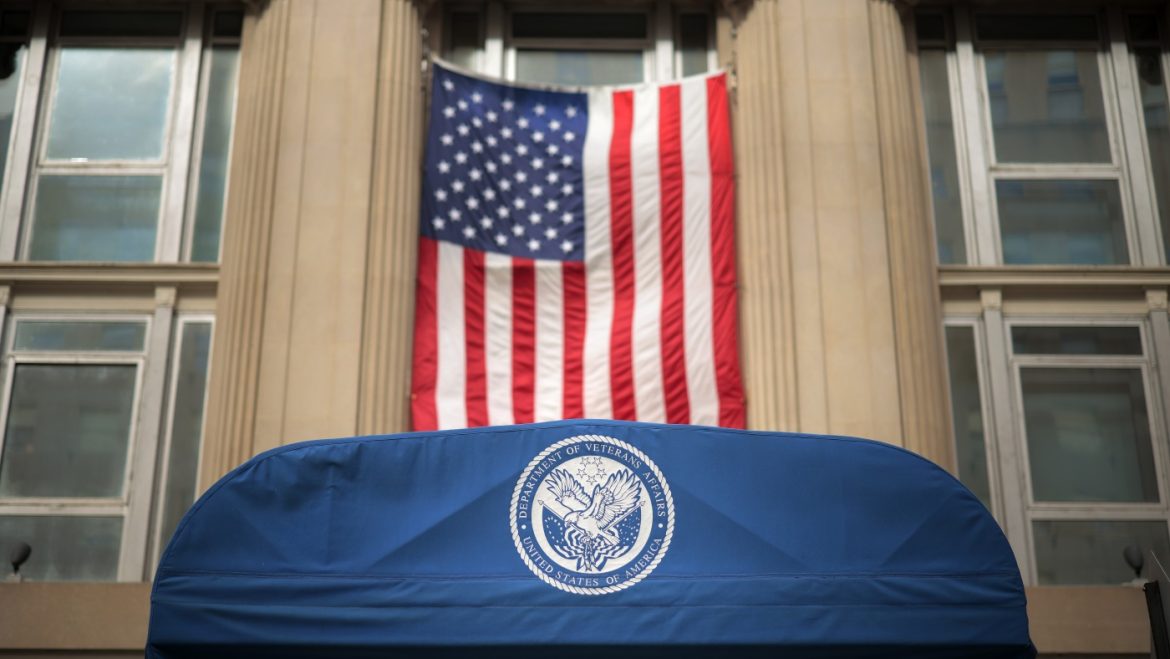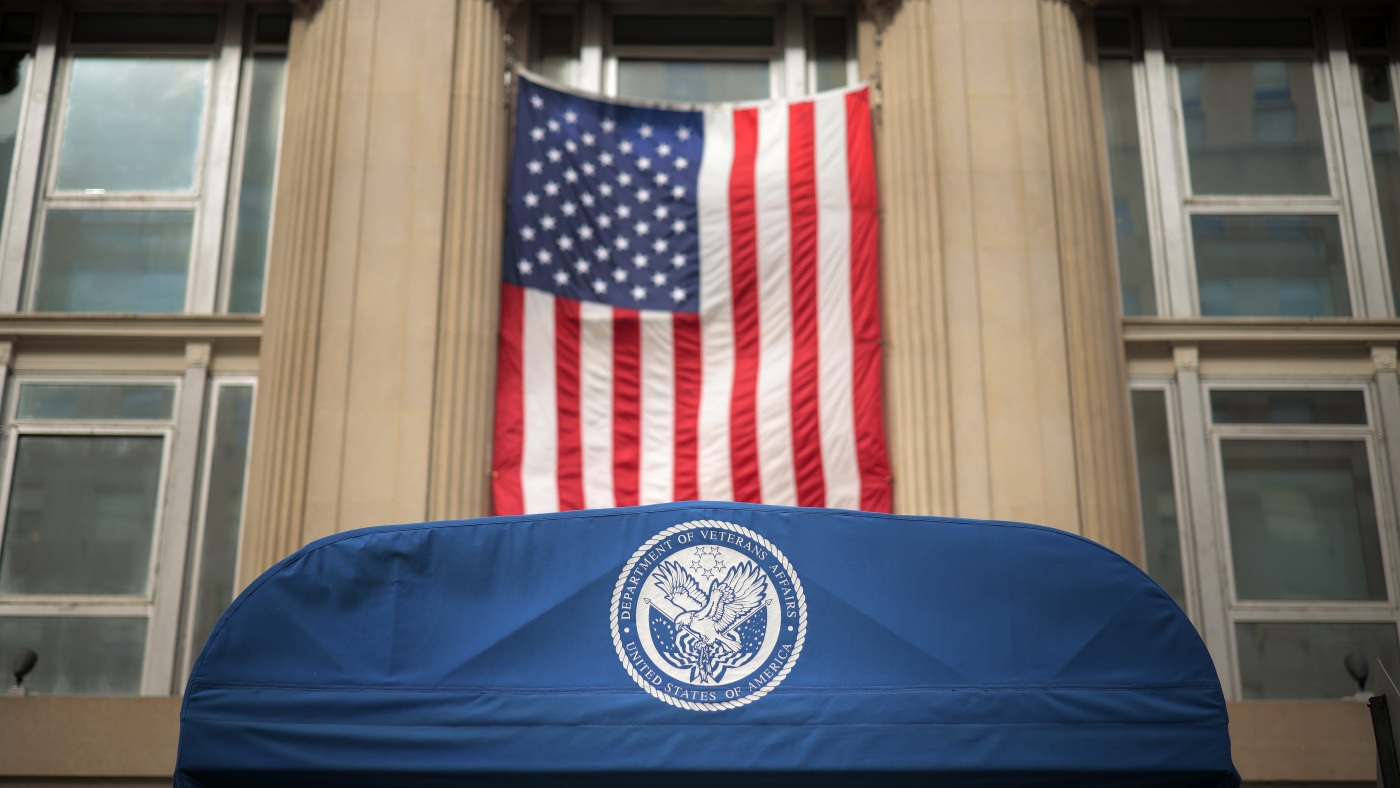The Imperiled Future of VA Research
The Department of Veterans Affairs (VA) has long been a cornerstone of medical innovation, bringing groundbreaking technologies like CT scans and pacemakers into widespread use. However, the future of VA research is now under a cloud of uncertainty. Congress authorized nearly $1 billion for VA research last year, but this investment is now threatened by significant cuts and policy changes.
The Significance of VA Research
VA research has historically played a pivotal role in advancing medical science. The VA’s extensive network of medical centers and research facilities has enabled groundbreaking studies that have improved the lives of veterans and civilians alike. From the development of the cardiac pacemaker to advancements in prosthetics and trauma care, the VA’s contributions are immeasurable.
Pioneering Medical Innovations
The VA’s research efforts have led to numerous medical breakthroughs. For instance, the development of the CT scan revolutionized diagnostic imaging, allowing for more accurate and timely diagnoses. Similarly, the cardiac pacemaker has saved countless lives by regulating heart rhythms in patients with arrhythmias. These innovations are just a few examples of how VA research has shaped modern medicine.
Impact on Veteran Healthcare
VA research directly benefits veterans by providing them with access to cutting-edge treatments and technologies. Veterans often face unique health challenges due to their military service, and the VA’s research programs are tailored to address these specific needs. From post-traumatic stress disorder (PTSD) treatments to advanced wound care, VA research ensures that veterans receive the best possible care.
The Threat to VA Research
Despite its proven track record, VA research is now facing significant threats. The Trump administration has proposed cuts that could severely impact the VA’s research capabilities. These cuts include the elimination of more than 70,000 jobs and hundreds of contracts, which would undoubtedly hinder the VA’s ability to conduct research and provide high-quality care to veterans.
Budget Cuts and Their Implications
The proposed budget cuts would have far-reaching implications for VA research. Reduced funding would limit the VA’s ability to conduct clinical trials, develop new treatments, and invest in emerging technologies. This could slow down the pace of medical innovation and delay the implementation of new therapies that could benefit veterans and the general public.
Workforce Reductions
The elimination of 70,000 jobs would also have a significant impact on the VA’s research capabilities. Many of these jobs are held by researchers, clinicians, and support staff who are essential to the success of VA research programs. Losing these skilled professionals would weaken the VA’s research infrastructure and make it difficult to maintain the high standards of care that veterans deserve.
The Path Forward
To ensure the continued success of VA research, it is crucial to advocate for adequate funding and support. This includes protecting the VA’s budget from arbitrary cuts and ensuring that the necessary resources are available to conduct high-quality research. Additionally, it is important to recognize the value of VA research and its impact on both veterans and the broader medical community.
Advocacy and Awareness
Raising awareness about the importance of VA research is essential. Veterans, their families, and the general public should be informed about the benefits of VA research and the potential consequences of budget cuts. Advocacy efforts can help mobilize support for VA research and ensure that policymakers understand the value of these programs.
Policy Recommendations
Policymakers should prioritize the funding and support of VA research. This includes allocating sufficient resources to maintain and expand research programs, protecting the VA’s workforce, and fostering a collaborative environment that encourages innovation. By doing so, policymakers can ensure that VA research continues to make significant contributions to medical science and veteran healthcare.
A Call to Action
The future of VA research hangs in the balance. It is imperative that we take action to protect and support these vital programs. By advocating for adequate funding, raising awareness, and promoting policies that prioritize VA research, we can ensure that veterans continue to receive the best possible care and that medical innovation continues to thrive.
Conclusion: Preserving a Legacy of Innovation
VA research has a rich history of innovation and a proven track record of improving the lives of veterans and civilians alike. To preserve this legacy, we must stand up for VA research and ensure that it receives the support it needs to continue making groundbreaking discoveries. The future of VA research is in our hands, and it is up to us to ensure that it remains a beacon of medical excellence and a testament to the value of investing in the health and well-being of our veterans.


